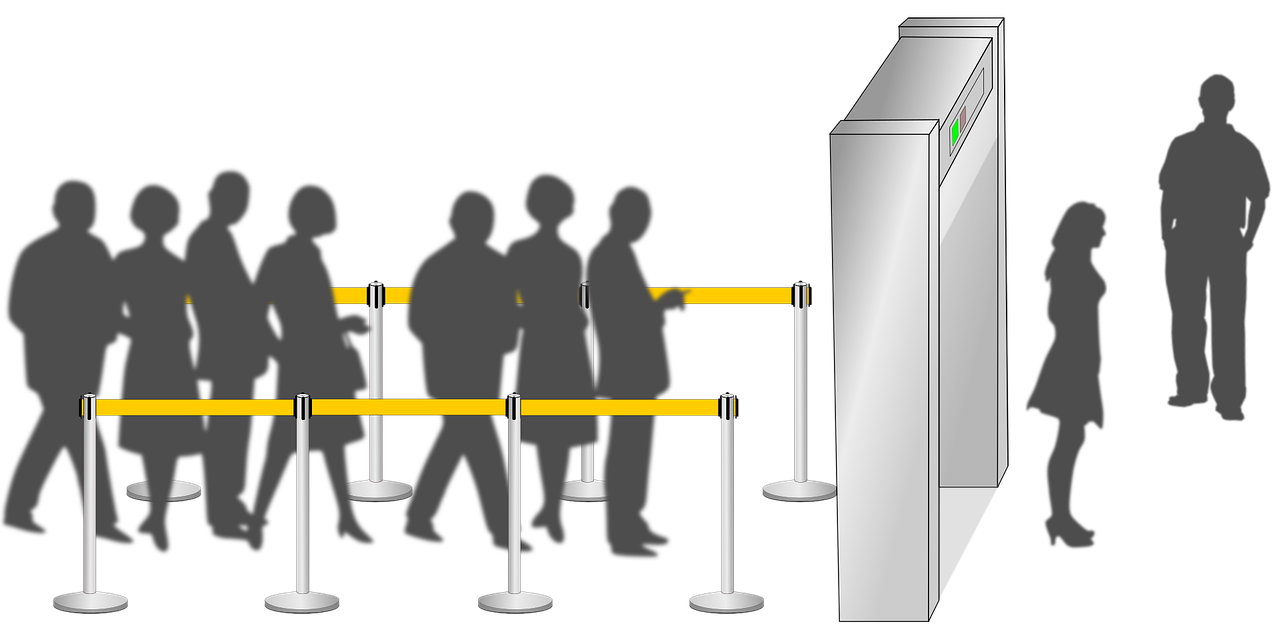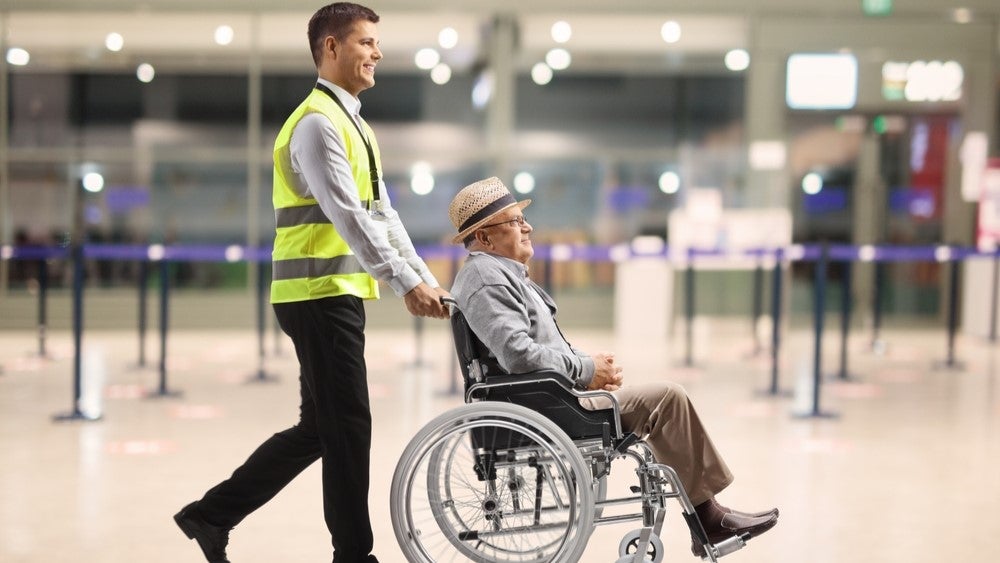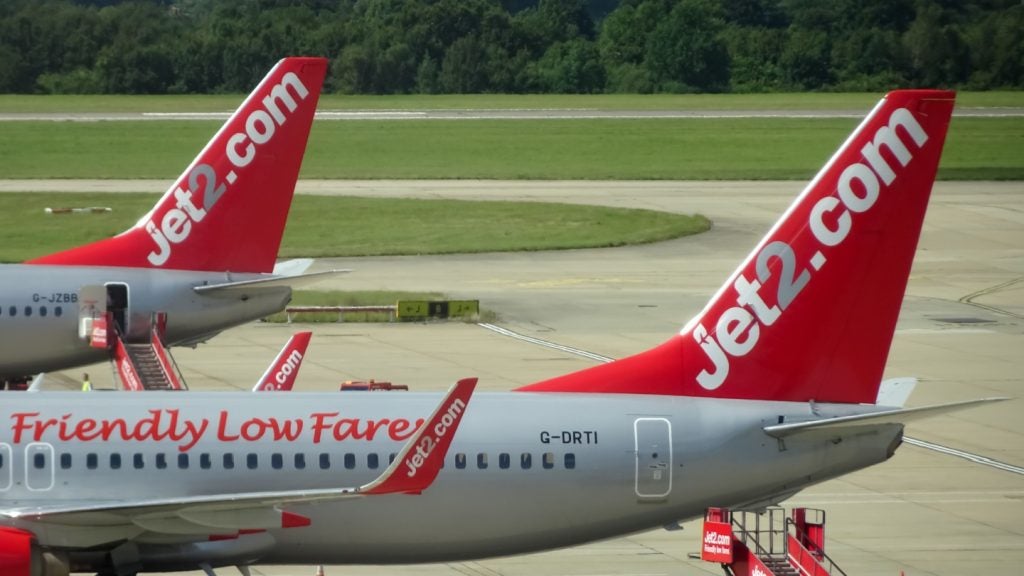
At this week’s International Security Expo in London, the UK Department for Transport’s (DfT) head of aviation security Kashif Chaudry said that to prevent future terrorist attacks and potential bomb threats, countries worldwide must collaborate to beef up security systems in airports and use modern technologies such as AI.
Speaking at his keynote Chaudry said: “It’s clear that threats can be anywhere.
“However, terrorists have targeted airports on several occasions and are actively seeking suitable weaknesses in the global aviation system.”
Mentioning the 2017 bomb attack on the Sydney to Abu Dhabi Etihad flight, where terrorists hid bombs in a meat grinder, he added that terrorists are clearly getting increasingly “sophisticated” in their plans.
“That was a good reflection of the extent to which terrorists go and just how they are developing new and more innovative techniques for [bomb] concealment,” he continued.
“To avoid future attacks, we cannot just rely upon what we’ve used in the past. Given how terrorist attacks at airports have been happening for more than five decades, we have to be more agile.”
How well do you really know your competitors?
Access the most comprehensive Company Profiles on the market, powered by GlobalData. Save hours of research. Gain competitive edge.

Thank you!
Your download email will arrive shortly
Not ready to buy yet? Download a free sample
We are confident about the unique quality of our Company Profiles. However, we want you to make the most beneficial decision for your business, so we offer a free sample that you can download by submitting the below form
By GlobalDataSpeaking about the UK Government’s role in improving airport security, Chaudry said that “it is really important that our response to terrorist attacks and threats are proportionate, rational and sustainable.
“It is not about just facing further and further restrictions on passengers but it is very much about finding a security measure that can be sustained for as long as necessary.”
Highlighting how security measures are evolving, Chaudry affirmed that for better aviation security “you need technology”.
In August this year, UK Prime Minister Boris Johnson announced that all UK airports would be required to use 3D scanning by December 2022, meaning passengers would no longer need to remove liquids and electronic equipment from cabin baggage. Having already been trialled at Heathrow Airport, this technology can even scan explosives in liquid bottles.
Chaudry added that modern 3D screening equipment, which could also be used for check-in baggage, “need to be adaptable and upgradable” and not something “that becomes defunct and discarded in a matter of years”.
“We want to be able to upgrade the algorithms to actually meet new challenges,” he added.
“At the moment, we are very much about a one-size-fits-all approach. The challenge for us in the future is how we can be more data-driven, make better use of artificial intelligence and take risk-based judgement that actually enables us to provide additional scrutiny.”
In addition to better technology, Chaudry said that in order to improve security airports must embed a “really strong, robust security culture, where everybody feels committed to support security in the civil aviation network and take it as their responsibility to try and make passengers feel secure.”
He added that airports must focus on “getting people trained, and employing a motivated and accountable workforce”.
“Everybody who triggers an alarm is not a threat,” he said. “You need to have adequate programmes and procedures in place so that the staff have the confidence they’re making the right decision when stopping someone.”
Alongside training, Chaudry said that a key element is to pin down potential “insider threats”.
“Your staff need to be scanned, checked and have had background checks because that gives the assurance they will not use our knowledge to compromise us,” he noted.
Finally, Chaudry said that countries must “collaborate” and “work collectively to raise that global bar of security”.
“Ultimately, aviation security should be simple. It’s about preventing unauthorised access to aircraft and about screening everybody and everything,” he concluded.
“The challenge for all of us is how we can do that in a way that it recognises the increasing threats today and the challenges tomorrow.”





